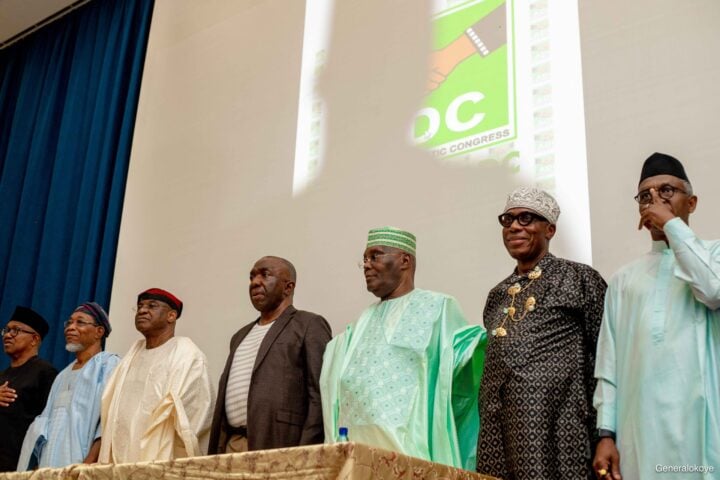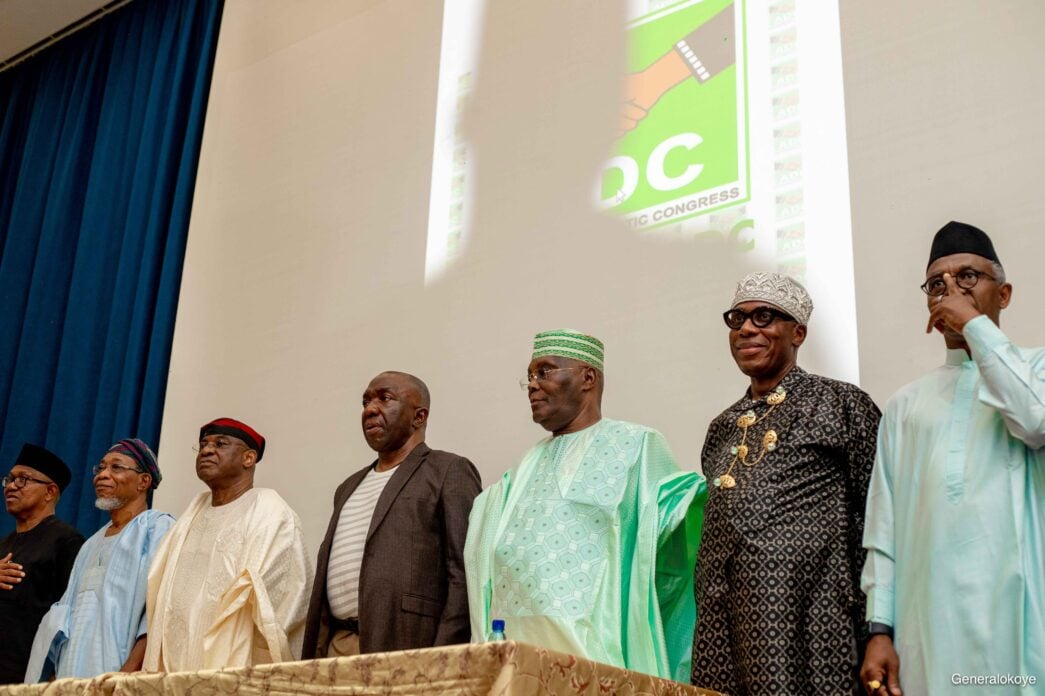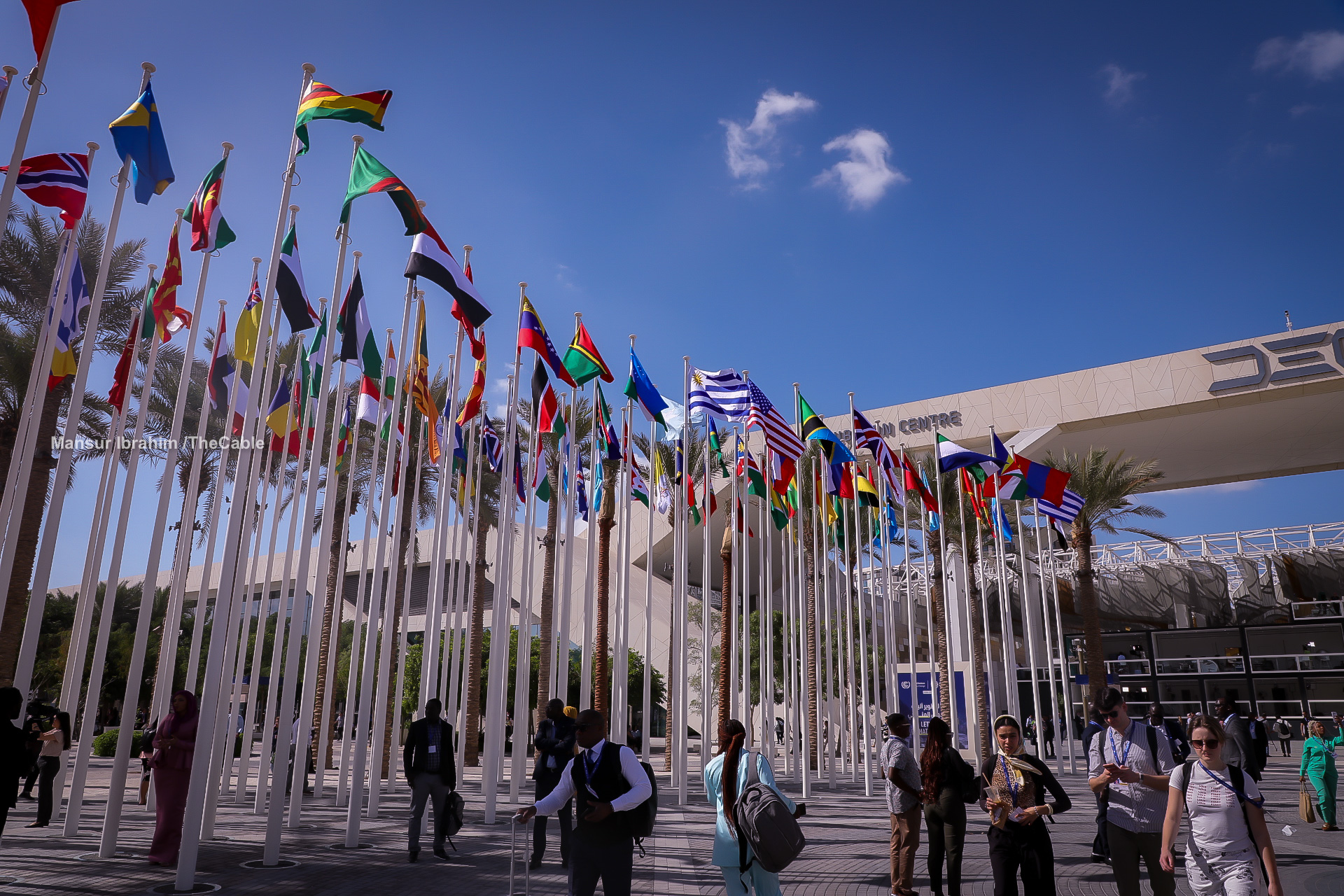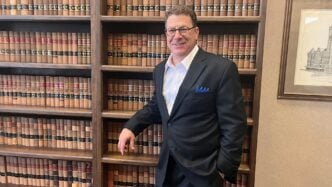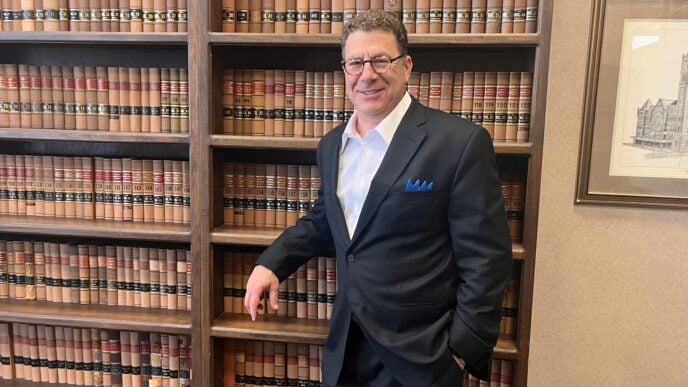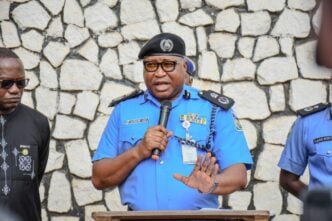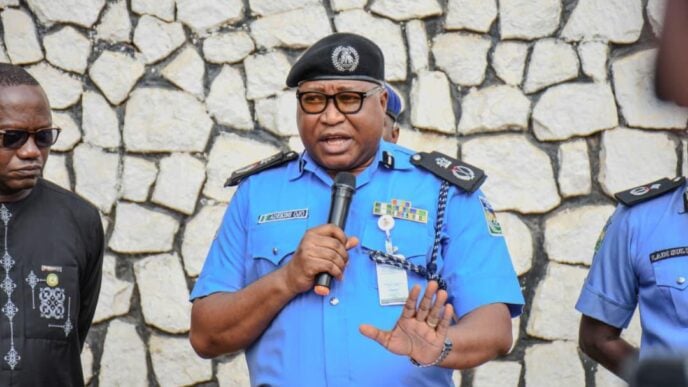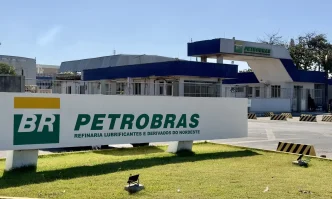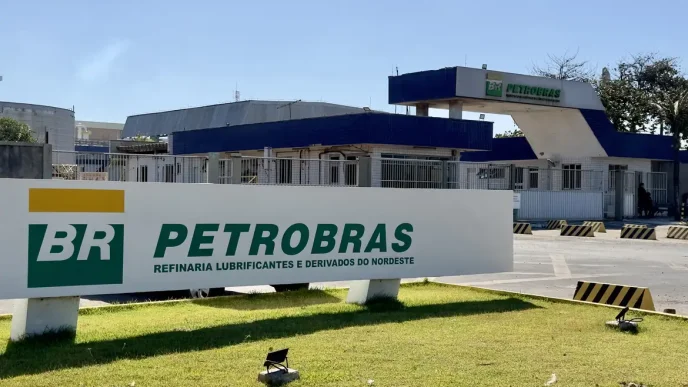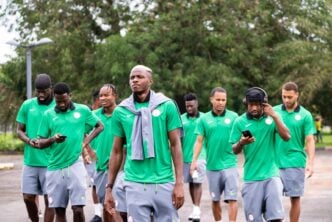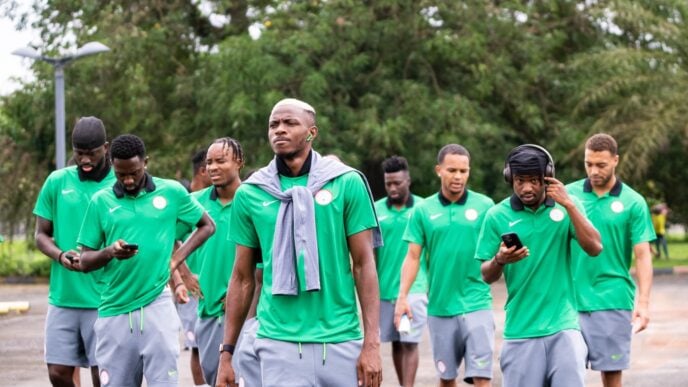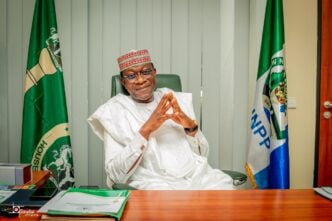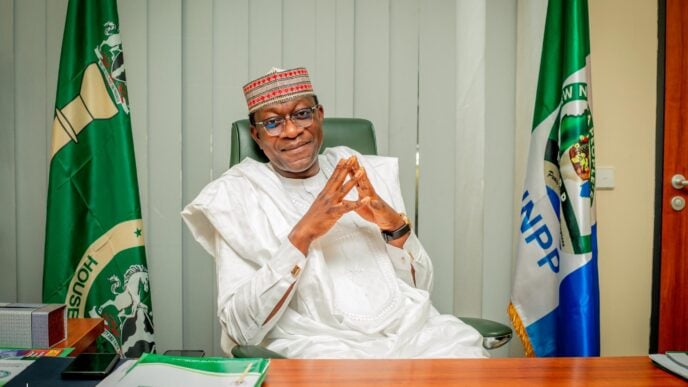L-R: Peter Obi, Rauf Aregbesola, David Mark, Ralph Nwosu, Atiku Abubakar, Rotimi Amaechi and Nasir el-Rufai
A few months after the African Democratic Congress (ADC) emerged as the chosen platform for opposition heavyweights seeking to challenge President Bola Tinubu and the All Progressives Congress (APC) in the 2027 elections, issues of structural integrity and long-term viability still hang over the coalition.
On June 19, a high‑profile launch in Abuja saw David Mark, former senate president, named interim national chairman of ADC; Rauf Aregbesola, former governor of Osun, appointed interim national secretary; and Bolaji Abdullahi elevated as interim spokesperson.
The event generated enthusiasm but also raised concerns about whether this unity is more symbolic than sustainable.
Atiku Abubakar and Rotimi Amaechi have formally exited the Peoples Democratic Party (PDP) and APC to join ADC, lending weight to the coalition.
Advertisement
Others — including Peter Obi, Nasir el‑Rufai, and many more — have not yet resigned their party memberships, creating dual loyalties that complicate coalition coherence.
‘OBI, PDP’S MESSIAH‘
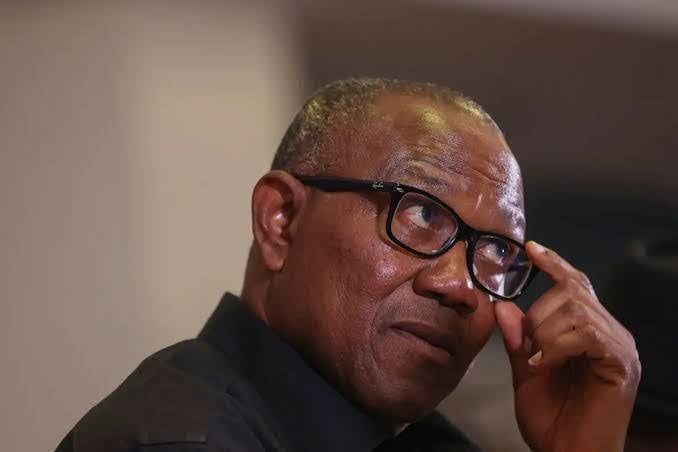
Recently, some leaders of PDP resolved to zone its 2027 presidential ticket to the south.
Advertisement
The main opposition party, including Jerry Gana, one of its founding chieftains, has maintained that the party is in talks with Obi and is wooing him to return to the PDP.
Ali Modu Sheriff, former governor of Borno and ex-PDP national chairman, has also said Obi would pursue his presidential ambition through the PDP in 2027.
The former PDP national chairman also assured that Obi would only buy time before returning to his former party.
Obi, a major kingpin, is yet to abandon the Labour Party (LP) and fully declare for ADC.
Advertisement
The former Anambra governor has repeatedly said publicly that he remains in the LP, emphasising that the ADC coalition exists strictly for the 2027 election.
He has also pledged on multiple occasions to serve only one term if elected president, while also insisting that a southerner should be allowed to rule from 2027-2031.
The former Anambra governor appears undecided about which platform to use for his 2027 presidential ambition.
Although, the ADC spokesperson in a recent interview said that coalition leaders agreed to a temporary arrangement allowing figures like Obi and el‑Rufai to complete pending internal party processes before formally joining ADC. This flexibility has sparked criticism.
Advertisement
NO SITTING GOVERNOR
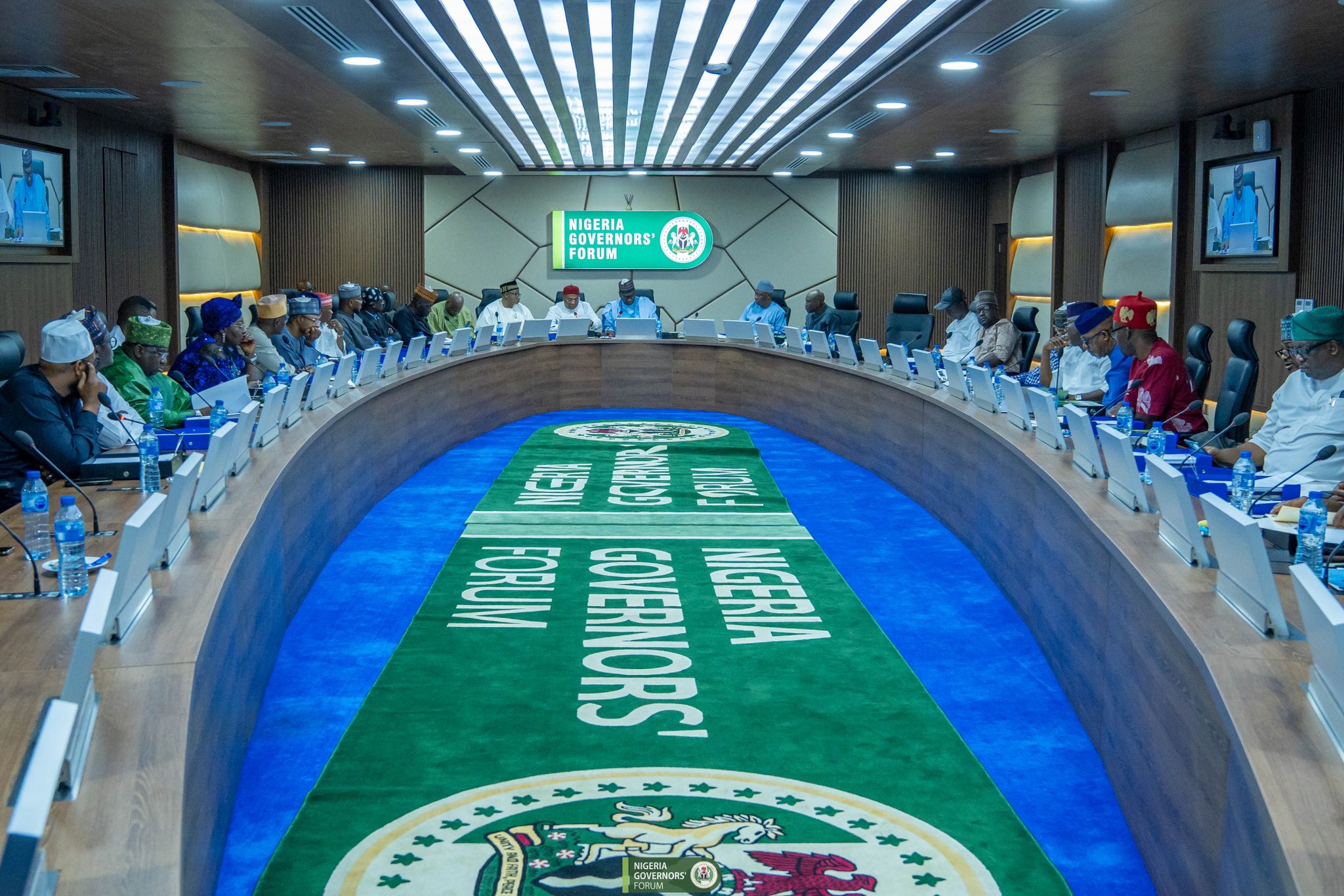
One of the most glaring deficiencies in the ADC-led coalition is the absence of sitting governors, senators, or even influential federal lawmakers among its ranks, according to political analysts.
Advertisement
In Nigeria’s political landscape — where authority is often maintained through incumbency, access to state funds, and well-established patronage structures — this absence is more than a symbolic gap; it poses a real challenge to the coalition’s viability.
Some senators like Aminu Tambuwal, Abdul Ningi, Enyinnaya Abaribe, Ireti Kingibe, and Austin Akobundu of Abia Central are romancing with the ADC but have not officially announced their defections as required in the senate.
Advertisement
UNLIKE THE 2013 APC MERGER
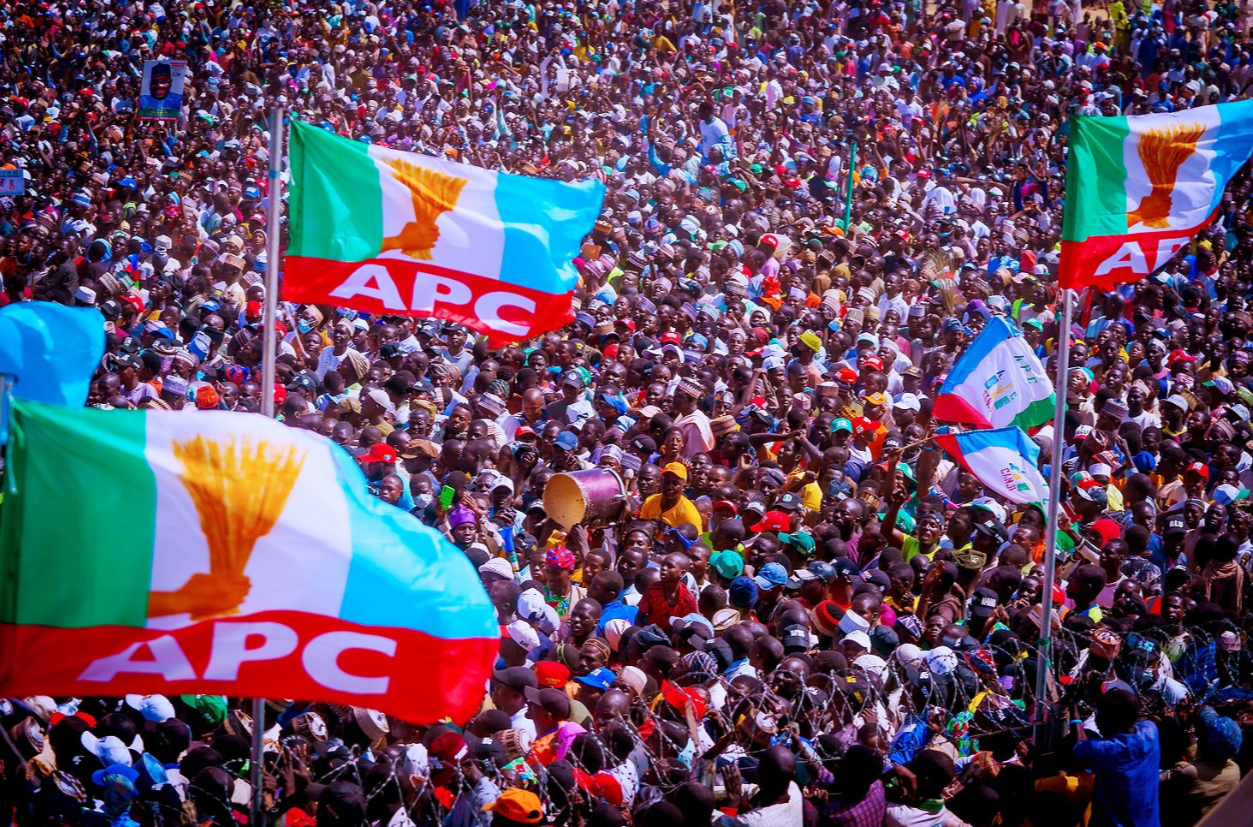
By comparison, when the All Progressives Congress (APC) was established in 2013, it emerged from a merger involving the Action Congress of Nigeria (ACN), the Congress for Progressive Change (CPC), the All Nigeria Peoples Party (ANPP), and a breakaway faction of the All Progressives Grand Alliance (APGA).
Advertisement
That coalition immediately carried political weight. At the time, it included sitting governors from politically strategic states such as Lagos, Kano, Rivers, and Nasarawa.
These governors not only commanded electoral support but also held sway over powerful patronage systems, campaign financing networks, and the ability to galvanise public sentiment.
Unlike the 2013 merger that birthed the APC, the current ADC-led coalition does not enjoy the backing of any sitting governor.
So far, no incumbent state leader has defected to the alliance, nor are there visible signs suggesting that such a move is forthcoming.
The absence of high-ranking political figures with executive authority significantly limits the coalition’s ability to gain political momentum.
This isn’t just a matter of public perception — it poses a fundamental challenge to its electoral strategy.
In Nigeria’s fragmented electoral system, where governors often wield significant control over state politics and voter mobilisation, their support can make or break a national campaign.
Many have described the dual positioning as political opportunism and dismissed the coalition as lacking the structure and coherence to serve as a credible opposition force.
Critics suggest the lack of full commitment by prominent members may reduce credibility and stall electoral traction.
ADC’s coalition so far has relied on personalities rather than formal structural alignment and remains entirely detached from ward-level roots.
There has been speculation that Atiku, now a member of the ADC, could be seeking to form a strategic alliance with Obi’s LP faction ahead of the 2027 general election.
But Festus Keyamo, minister of aviation and aerospace development, dismissed the potential alliance as political sleight of hand.
He said that any arrangement that would make Obi a running mate of Atiku would be an attempt to tap into his popularity.
INTERNAL CRISIS
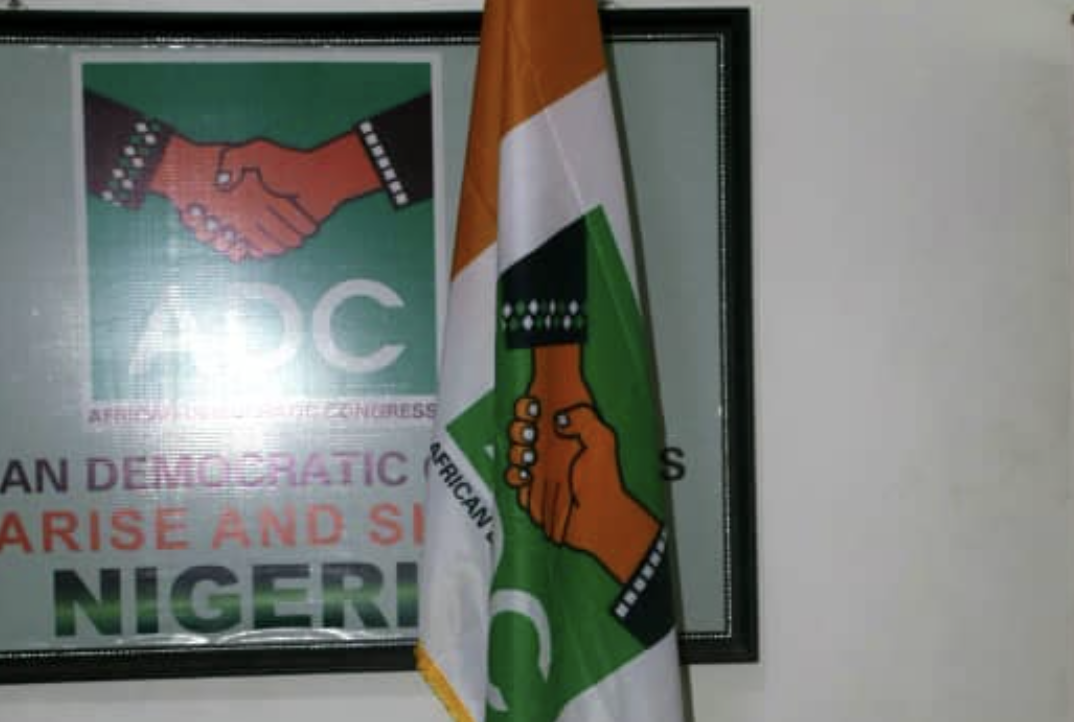
Internal fractures in ADC intensified when Dumebi Kachikwu, ADC’s 2023 presidential candidate, publicly denounced the coalition takeover.
He labelled the move a “hostile takeover engineered” for Atiku and pledged to challenge it in court.
The ex-presidential candidate also accused the coalition of ignoring the southern zoning balance, saying the new arrangement was conceived as a vehicle to deliver leadership for a specific interest, not the party’s foundational principles.
Kachikwu’s strategy includes legal petitions to INEC, court proceedings, and grassroots mobilisation.
He argued that coalition leaders entered “through the back door” and promised to convene a legitimate convention if INEC confirms leadership vacuums.
He insisted that ADC must follow its constitution to ensure fairness to original members.
Another fresh leadership crisis erupted when Nafiu Bala Gombe, former ADC national deputy chairman and Gombe state governorship candidate, declared himself interim national chairman.
He described the Mark‑led leadership as a violation of ADC’s constitution and internal democracy.
Bala demanded INEC recognition as the legitimate chairman and vowed legal action if the coalition faction failed to restore “constitutional order”.
Leke Abejide, a legislator and long‑standing ADC member, echoed the outrage, branding coalition entrants political “marauders” and promising to reclaim party control on behalf of original members.
He warned that the coalition’s appointment of over 50 NEC positions had excluded longstanding party members, which he said amounts to a hijack.
Musa Isa Matara, former ADC national publicity secretary, detailed the exclusion of original party stakeholders from new appointments.
He announced the emergence of the Bala‑led faction as the representative of authentic ADC leadership, vowing continued resistance against what he called imposed opportunists.
The ADC coalition responded and insisted no hijack occurred, stating that some members — including Kachikwu — had long been expelled from the party.
The David Mark leadership asserted that the transition followed legal due diligence with INEC oversight and that the coalition aligned with democratic norms.
WAY FORWARD
Despite internal conflict, ADC has been active; it has constantly been vocal in its criticism against the ruling party and Tinubu’s administration.
Coalition leaders, including Mark and Abdullahi, have undertaken stakeholder engagement tours, meeting civil society, labour and community groups in multiple states to build grassroots visibility.
Stronger coalitions have been formed in northern PDP strongholds like Adamawa, Yobe, and Gombe, where some executives reportedly aligned with ADC.
Yet, the party has no significant ward-level presence in key swing states like Kano, Lagos, limiting immediate electoral capacity.
Analysts now argue that ADC must focus on state‑level and legislative wins in specific zones— such as Benue and Plateau — before contesting the presidency.
The informal zoning conversation suggests leaning towards a southern candidate by mid‑2026, though internal disagreements over power rotation remain a sticking point.
Public sentiment remains a major support base. Some Nigerians frustrated by insecurity, corruption, inflation, and perceived democratic decline have rallied behind the ADC coalition.
Yet, converting discontent into votes requires trained polling agents, alliances with labour unions, faith leaders, and civil society — elements yet to be fully embedded.
The future of ADC hinges on whether it can reconcile factions, formalise defections, and build an authentic grassroots structure in time.
If leadership disputes are resolved and local organisers are deployed in battleground states, ADC may transcend symbolism and evolve into a credible opposition force.
But if defections remain piecemeal, and legal and internal contests remain unresolved, the coalition risks becoming just another elite pact lacking substance.
